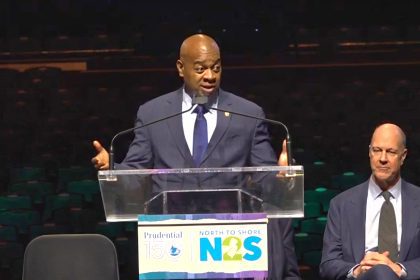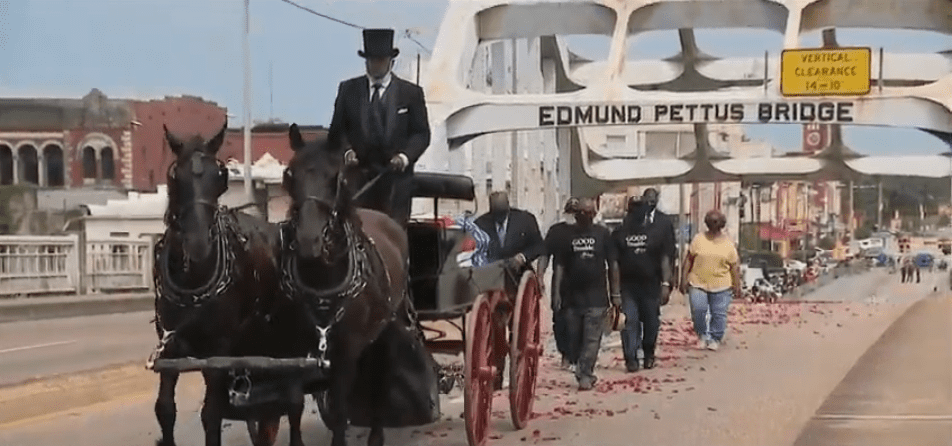When interacting with law enforcement, many people feel a strong urge to cooperate, fully believing that offering more information than what is asked of them is a sign of their innocence. However, this well-intentioned behavior can often lead to unintended consequences. The decision to withhold information is not about being uncooperative or obstructive; rather, it’s about protecting your legal rights and ensuring that your words are not misconstrued or used against you. This article will delve into five critical reasons why you should never volunteer information to the police, no matter how harmless it may seem.
1. Anything you say can be used against you
The most crucial reason to refrain from volunteering information is rooted in the Miranda warning, specifically the phrase, “Anything you say can be used against you in a court of law.” Even innocent statements can be twisted or taken out of context, potentially leading to misunderstandings or legal complications. Police officers are trained to extract information, and even a seemingly benign comment could be interpreted as evidence of guilt. By volunteering information, you may inadvertently provide details that could be used to build a case against you, even if you are not guilty of any wrongdoing.
Volunteering unnecessary information can also create inconsistencies in your statements, which law enforcement might exploit to question your credibility. Staying silent on matters you are not explicitly asked about is a protective measure that ensures your words are not manipulated to your disadvantage.
2. The right to remain silent is a fundamental legal protection
The right to remain silent is a cornerstone of the legal system, designed to protect individuals from self-incrimination. Exercising this right is not an admission of guilt; instead, it is a strategic decision to safeguard yourself legally. When you volunteer information, you effectively waive this right, opening yourself up to potential legal risks.
Silence allows you to avoid the pressure of answering questions that could be leading or misleading. It also provides you the opportunity to consult with an attorney before making any statements. An attorney can guide you on what information is safe to share and what should be withheld, ensuring that your legal rights are fully protected.
3. Volunteering information can escalate situations unnecessarily
Another reason to avoid offering unsolicited information to the police is that it can inadvertently escalate a situation. In high-pressure or tense situations, your words might be interpreted as suspicious or evasive, leading officers to probe further or even detain you. The more you talk, the more opportunities you give law enforcement to scrutinize your actions, behavior and background.
For example, if you are stopped for a minor traffic violation and begin explaining your actions in great detail, you might unintentionally raise suspicion or provide officers with a reason to investigate further. This could lead to unnecessary complications, such as additional charges or prolonged interactions with law enforcement. By keeping your responses concise and limited to what is asked, you reduce the likelihood of escalating the situation.
4. Police officers may have different objectives than you
It is essential to remember that police officers have their own objectives during an investigation or interrogation. Their primary goal is to gather information that will help them solve a case or secure a conviction. This objective might not align with your best interests, especially if you are a suspect or person of interest.
When you volunteer information, you may inadvertently provide law enforcement with details that support their narrative rather than your own. Police officers are trained to listen for inconsistencies, contradictions and admissions of guilt. Even if you believe you are helping, you could be giving them the tools they need to build a case against you. Maintaining silence ensures that you do not contribute to an investigation that could work against you.
5. Your legal rights are best protected by an attorney
Finally, one of the most compelling reasons to never volunteer information to police is that your legal rights are best protected by an attorney. Attorneys are trained to navigate the complexities of the legal system and can advise you on the best course of action during interactions with law enforcement. They can help you understand the implications of any information you provide and prevent you from making statements that could harm your case.
By volunteering information without legal counsel, you risk making mistakes that could have serious consequences. An attorney can also serve as a buffer between you and law enforcement, ensuring that your rights are upheld and that you do not incriminate yourself unintentionally. Consulting with an attorney before speaking to the police is a crucial step in protecting your legal interests.
Silence is a powerful legal tool
While it may feel natural to want to explain yourself or provide information to law enforcement, doing so can be fraught with risks. From having your words used against you to inadvertently escalating situations, the potential downsides far outweigh any perceived benefits. The right to remain silent is a powerful legal tool designed to protect you from self-incrimination and ensure that your rights are upheld. By exercising this right and seeking legal counsel, you can navigate interactions with law enforcement more safely and effectively.
Remember, protecting yourself legally is not about being difficult or uncooperative; it’s about being smart and strategic. The next time you find yourself in a situation where the police are asking questions, think carefully before you speak, and consider the potential consequences of volunteering information.
This article serves as a reminder that your words carry weight, and in the realm of law enforcement, less is often more.
This story was created using AI technology.

















